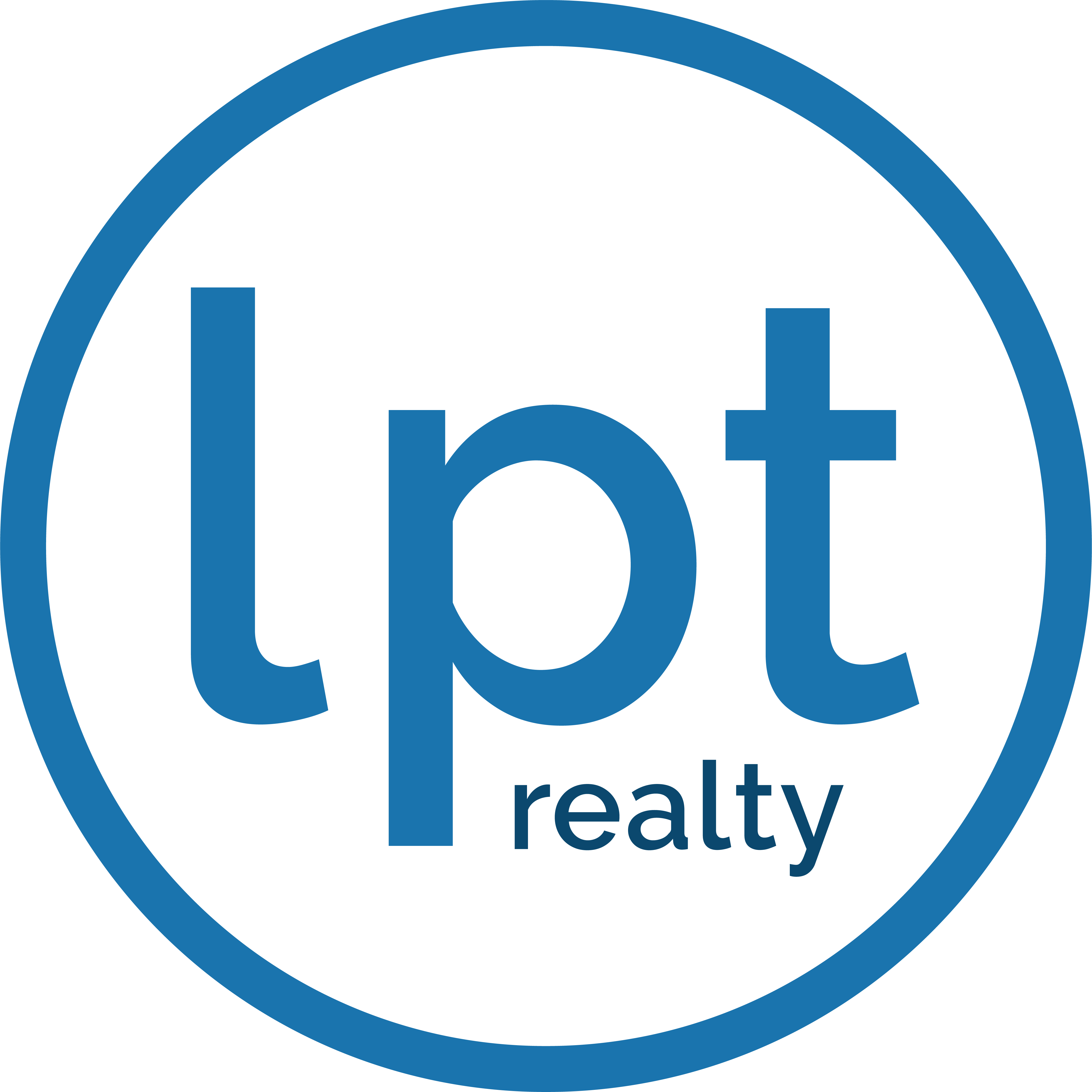Blog > What is an assumable loan?
An assumable loan is a type of mortgage that allows a buyer to assume the existing mortgage of the seller. Essentially, the buyer takes over the remaining balance on the seller's mortgage instead of taking out a new loan. This can be a great option for both buyers and sellers, depending on their individual situations.
For buyers, an assumable loan can be a way to save money on closing costs and potentially get a lower interest rate. When you assume a loan, you don't have to pay for a new appraisal, title insurance, or other fees associated with getting a new mortgage. Additionally, if the seller has a lower interest rate than current market rates, you may be able to save money on your monthly payments.
For sellers, an assumable loan can make their property more attractive to potential buyers. If the seller has a low interest rate or a particularly favorable mortgage, it can be a selling point for the property. Additionally, because the buyer is taking over the mortgage, the seller doesn't have to pay off their existing loan, which can be helpful if they're selling their property for less than what they owe.
However, it's important to note that not all mortgages are assumable. Conventional mortgages typically aren't assumable, while FHA and VA loans often are. Additionally, assuming a loan isn't as simple as just taking over the payments. The buyer will still need to qualify for the loan, and there may be fees associated with the assumption process.
If you're considering an assumable loan, it's important to talk to a mortgage professional to understand your options and the process involved. Additionally, if you're a seller, it's important to disclose any details about your mortgage upfront to potential buyers to avoid any surprises later on.
Overall, an assumable loan can be a great option for both buyers and sellers, but it's important to understand the details and potential fees involved before making a decision.
GET MORE INFORMATION



